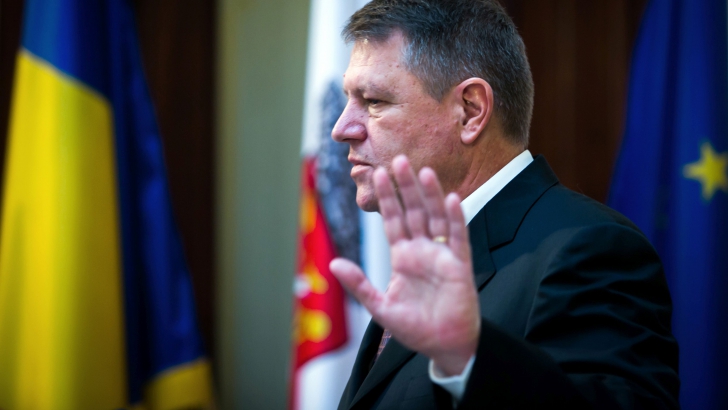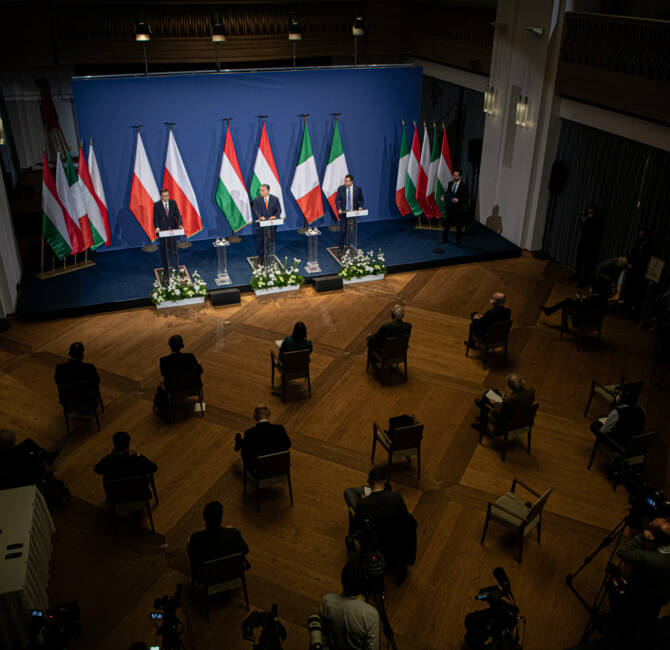Austria – On Sunday, October 15, early elections were held in Austria. The conservatives of the ÖVP, headed by the young Sebastian Kurz, won the poll. The future Austrian chancellor could bring Austria closer to the Visegrád Group.
At 31, Sebastian Kurz becomes chancellor of the Republic of Austria. He is therefore the youngest Chief Executive in Europe. After a meteoric rise, the child prodigy of Austrian politics could well bring about important changes for Austria. In particular, a rapprochement with the Visegrád Group.
The conservative ÖVP party of which Sebastian Kurz took the lead at Spring, won the poll with 31.52% of the votes, followed by the outgoing Socialist Party, SPÖ, with 26.86%, and in third place the Austrian National-Liberal Party (FPÖ), with a score of 26.04%.
The Austrian political system requires the establishment of coalition governments to introduce some sort of partial proportionality into governance. Sebastian Kurz must then make a choice. To ally with the rising FPÖ altough labelled of being a far right party due to its views regarding illegal migration, or to ally with the outgoing socialists constantly falling in the polls, following their mismanagement of the migratory crisis, but also as a result of a recent scandal.
At two weeks of the vote, the press revealed the SPÖ’s direct involvement in facebook anti-Kurz groups, one accusing him of being supported by George Soros, and another accusing him of anti-Semitism or of racism. Behind this operation, an Israeli professional hired by the SPÖ, Tal Silberstein, who fell in August for corruption. Tal Silberstein has counted among his clients, as an advisor in election strategy, personalities like Benjamin Netanyahu, Bill Clinton, Gerhard Schröder and the Hungarian Socialist Péter Medgyessy.
Sebastian Kurz seems to want a priori to ally with the FPÖ, in a context of reaction to two years of mismanagement of the migratory crisis and tensions around the questions of Islam. Kurz has already changed the position of the ÖVP, giving it a more muscular discourse on Islam and immigration. In this sense, his alliance with the FPÖ seems logical and is expected.
This would lead the FPÖ to settle a part of the government’s policy, in particular by pushing for closer relations with the Visegrád Group. Unlike the recent electoral campaign in Germany, speaking of Viktor Orbán, the Hungarian Prime Minister and herald of the anti-immigration struggle, occupied a central place, particularly in the debates between Sebastian Kurz and FPÖ candidate Heinz-Christian Strache ; as the title with fun Hungarian press, the debate seemed to have to prove who had the best relations with Orbán.
In a coalition government between the ÖVP and the FPÖ, it thus seems clear that an agreement, in any case a clear rapprochement or even an alignment on certain dissonant lines regarding EU’s policy could emerge.




